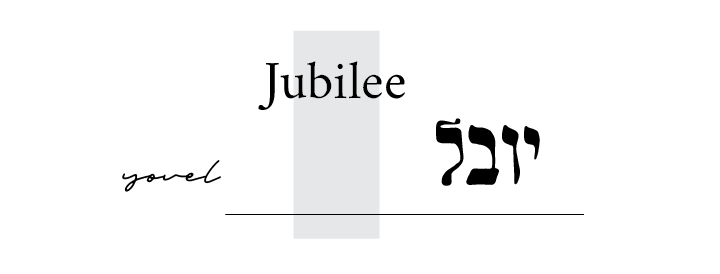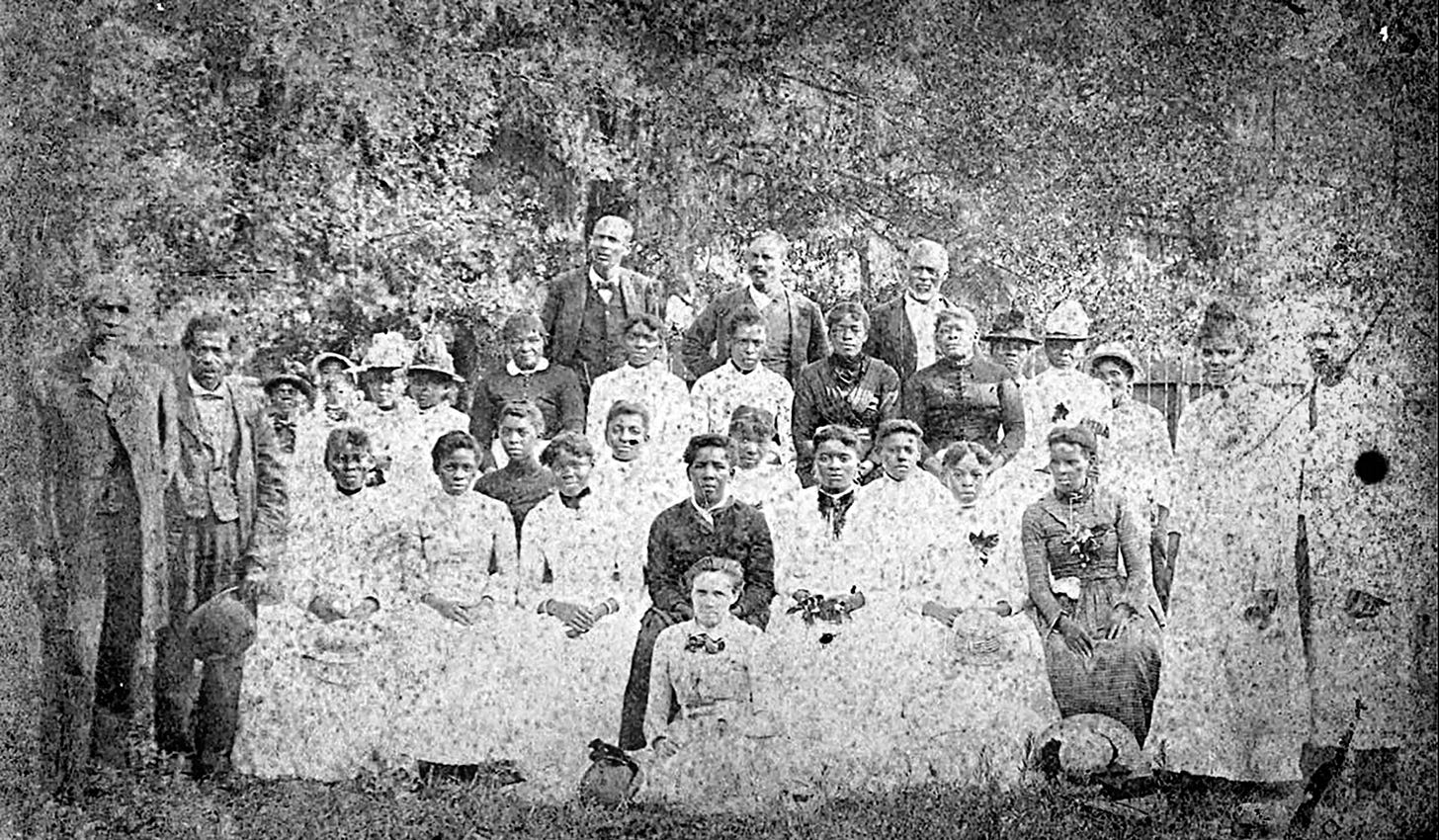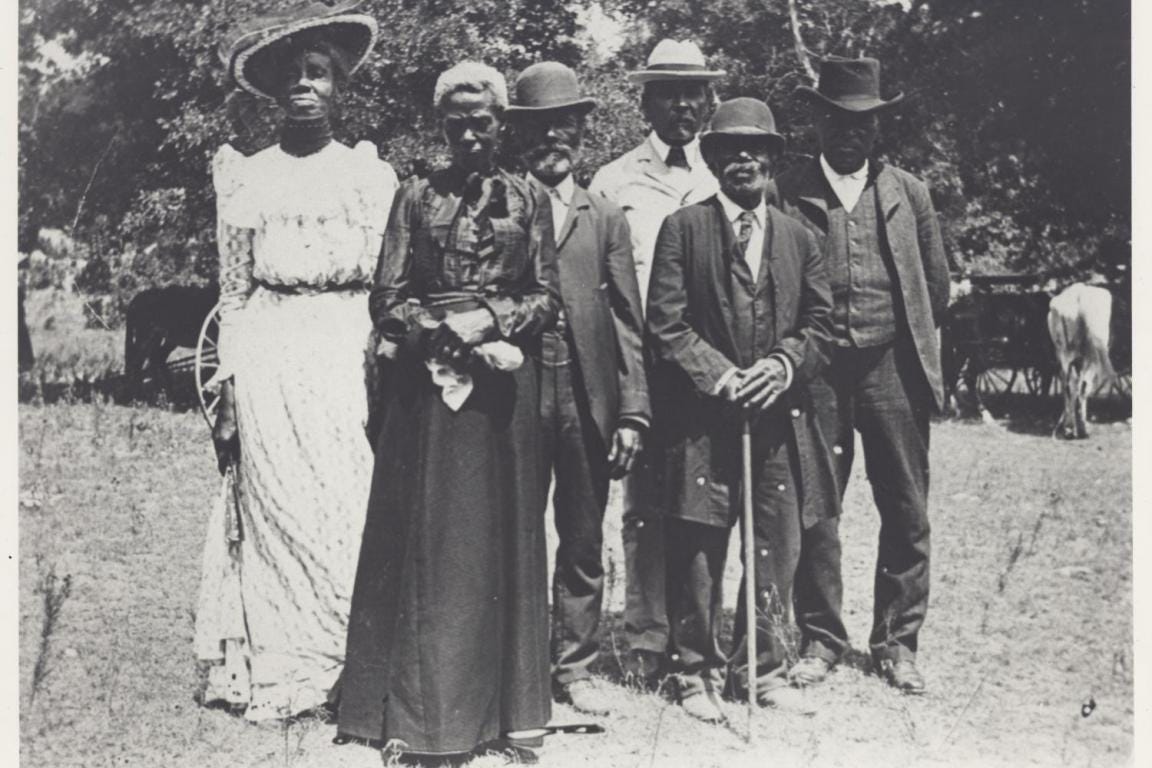The Jubilee was a command from God to the people of Israel, meant to happen every 50 years. It was a kind of reset button where slaves were freed, debts were canceled, and land went back to its original families. I suppose in a way it was a scheduled reminder that everything, and everyone, belongs to God, not us.
It was also a radical reordering of society for a community whose ancestors had been born into slavery. Their grandparents never had a day off, much less a festival or anything remotely like the Jubilee command. They worked the land every day, most making bricks for the Egyptian empire, until they died. So once God got his peeps out into the desert to fashion a new future for them, and the whole world through them, he built rhythms of justice and rest into the very structure of their lives. Sabbaths every seven days (and they were even commanded to give immigrant workers these rest days). Festivals every year. A kind of sabbath year every seven, where fields would even get a rest. And then, the big kahuna of all rest and reset: Jubilee.
“Consecrate the fiftieth year and proclaim liberty throughout the land to all its inhabitants. It shall be a jubilee for you; each of you is to return to your family property and to your own clan” (Leviticus 25:10, NIV).
I would say that Jubilee wasn’t just about economic policy. It was about identity. God's people were never to be defined by who owned what, or who owed whom, or who had lost what they could never get back. It was a divine invitation to remember: you are not your work. You are not your debt.
I’ll go so far as to say, you're not how much money you have in the bank. You are not the car you drive. You're not the contents of your wallet. You are not your… khakis.1
The sum of your value is not your best or worst decision, or your family’s best or worst year. You belong to God. And so does your land, your neighbor, your time, and your rest. We owe everything to God, we even owe our rest to Him.
You can imagine a few people looking forward to Jubilee: those buried under debt or stuck in indentured servitude. But others were probably doing the math and deciding it was just too disruptive. Better for the economy to keep things stable, right? Giving land back or releasing people from debt sounded ideal in theory, but a little too costly in practice. We gotta make sure landowners and big businesses keep growing so the benefits of the economy trickle down from the job creators, right?
And of course, that’s what happened. As far as we can tell, Israel never actually obeyed this command of God. The biblical history records the command but never the practice. An ancient reader of the text might have found this to be the first big hypocrisy of the Israelite religion.
I always think of Jubilee on this date. It’s Juneteenth. I’m no expert, but there are some real parallels.
This U.S. federal holiday marks the day on June 19, 1865 when Union troops arrived in Galveston, Texas, and finally enforced the Emancipation Proclamation. It was a full two and a half years after it was signed. Major General Gordon Granger read these words aloud:
“The people of Texas are informed that, in accordance with a proclamation from the Executive of the United States, all slaves are free.”
This is cause for joy! Emancipation deserves not only proclamation, but celebration.
But Juneteenth also invites us to pause. Imagine hearing those words for the first time years after your freedom had already been proclaimed? Years after others had already walked into new lives. Imagine how many lived and died under a system that was already legally dismantled?
That delay alone speaks volumes.
So Juneteenth is a celebration; but behind any Juneteenth party or parade lies a quiet, determined, and somber lament. It marks the joy of freedom finally arriving. But it also reminds us that not all proclaimed freedoms, not all commands (even from God) are secured by default. Emancipation must be more than proclaimed. It must be maintained, and sometimes even reclaimed. Emancipation requires participation.
Keep reading with a 7-day free trial
Subscribe to DruGroup to keep reading this post and get 7 days of free access to the full post archives.






